B.Tech Information Science Engineering syllabus focuses on managing information apart from focussing on computational techniques and informational Analysis. The subjects are designed in a sequential order to first enhance the aspirants with basic engineering concepts and move onto applied Information Science engineering in data and information handling. The Information Science syllabus consists of subjects such as:
Bachelor of Technology (B.Tech) in Information Science Engineering is a four-year undergraduate program that prepares students for careers in the field of information technology. The program focuses on the principles of computer science, data analytics, and data science. Here are some of the core subjects typically covered in a B.Tech Information Science Engineering program:
Mathematics: Calculus, linear algebra, probability theory, and statistics.
Programming Fundamentals: Introduction to programming, algorithms, data structures, object-oriented programming, and software engineering.
Database Management Systems: Database concepts, data modeling, relational databases, and SQL programming.
Computer Networks: Network architecture, protocols, and services.
Operating Systems: Concepts of operating systems, system calls, process management, and memory management.
Web Technologies: HTML, CSS, JavaScript, and server-side programming using languages like PHP, Python, or Java.
Cybersecurity: Introduction to cybersecurity, network security, cryptography, and information security management.
Machine Learning and Artificial Intelligence: Introduction to machine learning algorithms, deep learning, and neural networks.
Data Science: Data mining, data analytics, data visualization, and big data technologies.
Cloud Computing: Cloud computing concepts, services, and architecture.
In addition to the above subjects, students may also be required to complete a project or an internship in their final year to apply their theoretical knowledge to practical applications. The program aims to equip students with the necessary skills and knowledge to design, develop, and maintain information systems and technologies.
|
SEMESTER I |
SEMESTER II |
|
Technical English |
Computer-Aided Engineering Drawing |
|
Engineering Mathematics– I |
Technical English-2 |
|
Engineering Physics |
Digital Logic and Microprocessor |
|
Basic Electrical and Electronics Engineering |
Engineering Physics |
|
Computer Programming( C/ C++) |
Mathematics-2 |
|
Computer Programming Laboratory |
Application-based Programming in Python |
|
Physics laboratory |
Computer-Aided Engineering Drawing Lab |
|
Engineering Mechanics |
Digital Logic and Microprocessor |
|
- |
Python Programming Laboratory |
|
SEMESTER III |
SEMESTER IV |
|
Computer Architecture |
Design and Analysis of algorithms |
|
Database Management Systems |
Graph Theory and Combinatorics |
|
Electronic Circuits |
Mathematics-4 |
|
Object-Oriented programming |
Software Engineering |
|
Mathematics-3 |
Operating System Principles |
|
Data Structures |
Java Programming |
|
Programming Laboratory |
Computer Organization |
|
Database Management Systems Laboratory |
Design and Analysis of algorithms |
|
Electronic Circuits Laboratory |
Computer Lab |
|
SEMESTER V |
SEMESTER VI |
|
Big Data Technologies |
Cryptographic and Network Security |
|
Computer Networks |
Web Programming |
|
Automata Theory and Computability |
Data Mining |
|
Department elective-1 |
Department Elective 2 |
|
Open Elective 1 |
Department Elective 3 |
|
Financial & Business Analytics |
File Structure |
|
Computer Networks lab |
Software Testing Lab |
|
Systems Software Laboratory |
Web Programming lab |
|
Electives Lab |
Computer Networks Lab |
|
Systems Software |
- |
|
SEMESTER VII |
SEMESTER VIII |
|
Information Retrieval and Storage |
Department Elective 6 |
|
Information Systems |
Department Elective 6 |
|
Machine Learning |
Final Project |
|
Software Architecture |
Comprehensive Viva Voce |
|
Department Elective 4 |
- |
|
Department Elective 5 |
- |
|
Software Architecture Lab |
- |
|
Machine Learning Lab |
- |
|
Electives Laboratory |
- |
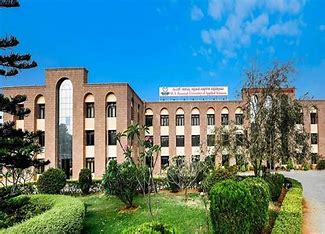
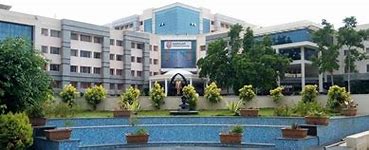
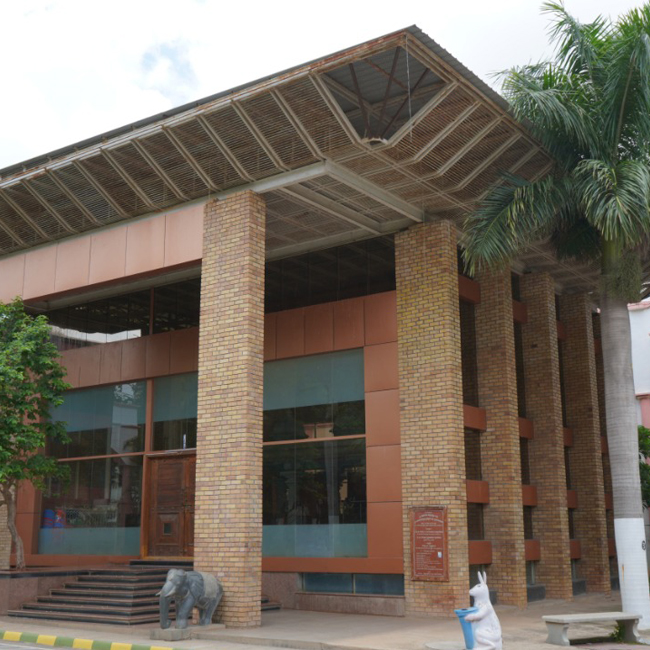

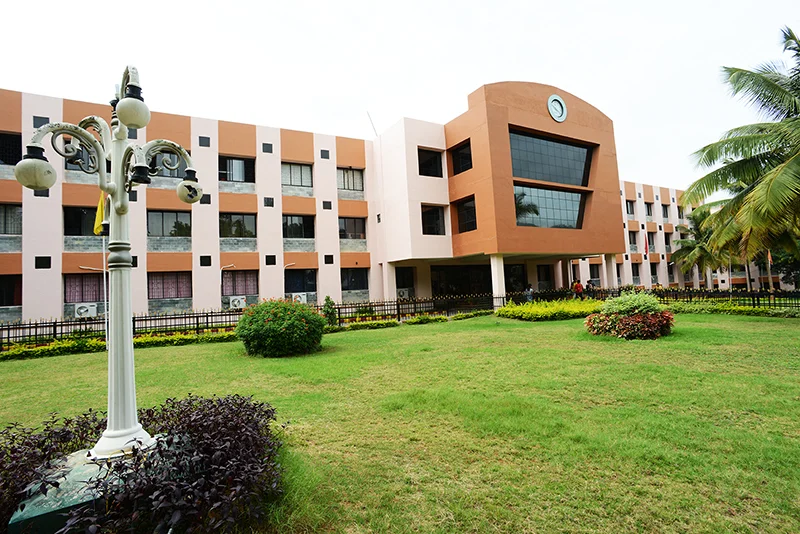
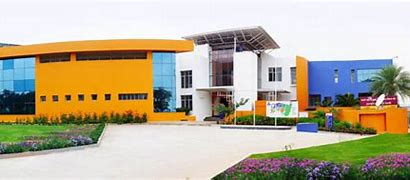
Student Review About Course